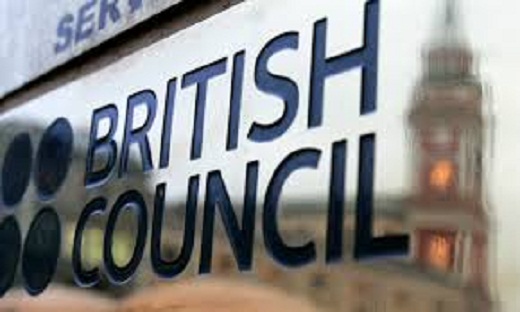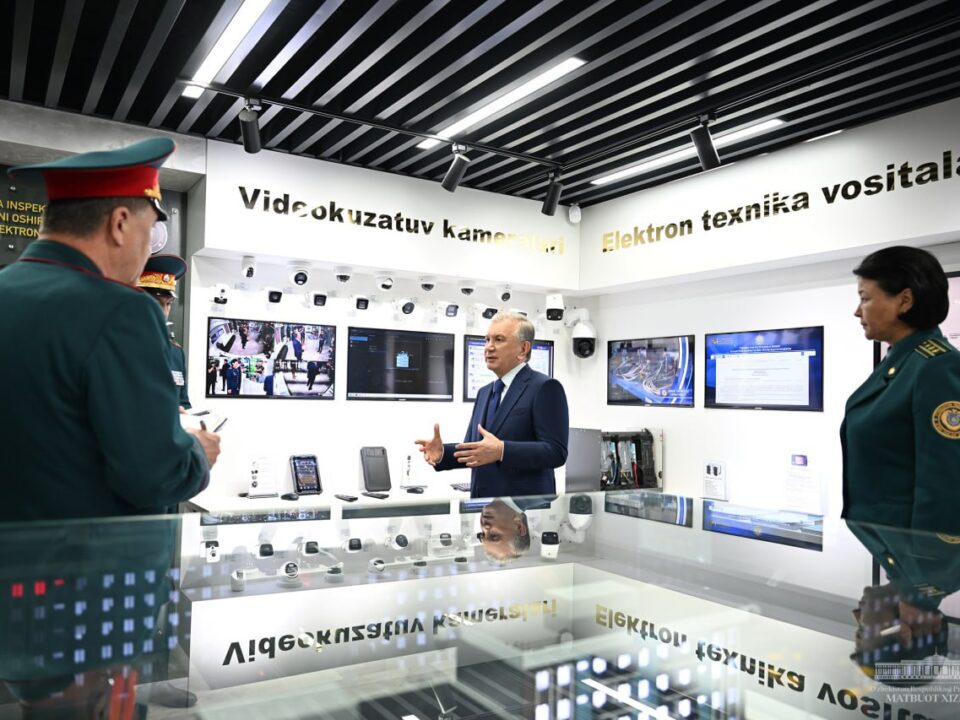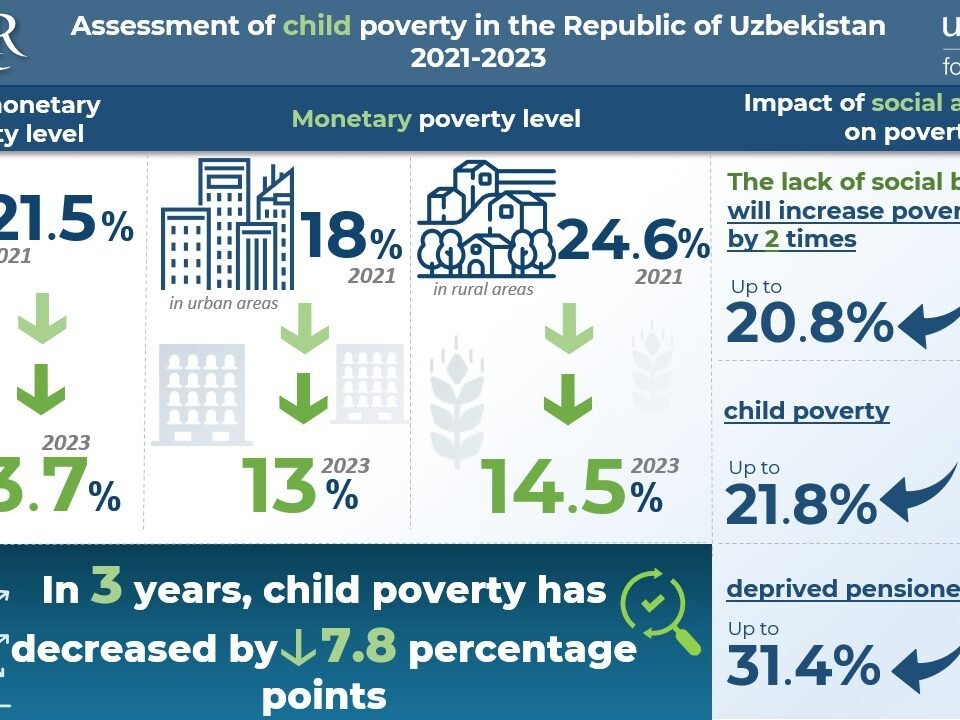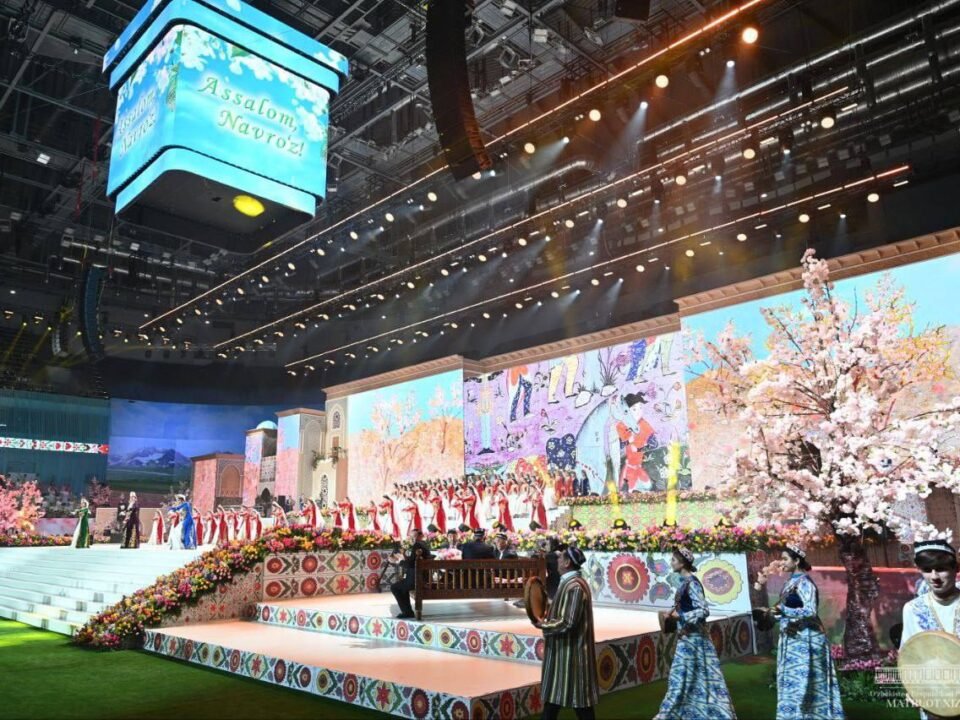Last October, the British Council launched a campaign to celebrate the 20th anniversary of its activities in Uzbekistan. The campaign will last through the whole year.
During this past year, the organisation has undertaken extensive activities to celebrate the anniversary date. The Director of the British Council in Uzbekistan, Mark Crossey, has agreed to share the programme activities in his conversation with an Uzbekistan Today reporter.
Since the Memorandum of Cooperation was signed with the Government of Uzbekistan in October 1996, the British Council and its local partners have conducted numerous projects and programmes in education, English and culture. Summarizing the most significant of them, particularly those designed to strengthen the learning and teaching of English and sharing experience between Uzbekistan and the United Kingdom in the field of education, Mark Crossey noted that the cooperation between the British Council and the Ministry of Higher and Secondary Specialised Education of the Republic of Uzbekistan (MHSSE) have produced a programme aimed at the professional development of the young generation of scientists and researchers to develop their academic writing skills.
“Please tell us about the project in more detail.”
“The project was developed in cooperation with the MHSSE and the Istedod Foundation in an effort to help promising scholars and research fellows to improve their skills in writing scientific articles for foreign publications and discuss opportunities for international research projects. As a result of its implementation, 20 researchers and 20 trainers from this country participated in the training in 2015 with leading British experts. Young researchers made a study visit to the UK as part of the programme.
“Currently, a new programme has been in progress for teachers of higher education institutions to improve English language skills. It has been developing in cooperation with MHSSE, the Uzbek State University of World Languages and the Center of Pedagogical Innovation, the programme will be launched in January 2017.”
“National educators have given high acclaims of the children’s textbook produced with the support from the British Council. Are there any other similar projects you are working on at the moment?”
“What is pleasant that the Kid’s English, designed for elementary school students, is in demand and very popular, and every year about 600 thousand pupils across Uzbekistan use it in learning English.
“I have mentioned once that in the framework of the project “English for Tourism”, our specialists developed a motivating language course, Learn English for Tourism, for students of travel industry colleges. It is practice-oriented and contains exercises and activities close to working situations. The course is being piloted in four colleges that train professionals in the given sector.”
“Mr. Crossey, you have said on several occasions that the cooperation between the British Council and Uzbekistan can serve as a model for other countries. What makes this cooperation special?”
“The special feature is that our work in Uzbekistan has been successful and fruitful. It is rewarding that in our activities we do not restrict ourselves to the education sector; we’ve been active enough in the field of arts too. I believe our interaction also benefits from the fact that the British Council and Uzbekistan barely rest on their laurels, and we keep moving together from one achievement to another. Therefore, we have every right to hope that the bilateral cooperation will only grow and flourish.”
“Who is British Council’s partner in art-related projects?”
“We have been running a programme in Uzbekistan in cooperation with the Ministry of Culture and Sports. Under the programme, Shakespeare’s Globe Theatre visited Tashkent in 2015 as part of its global tour. Then, there was a project to train young actors followed by the Uzbek-British theatre festival.
“Together with the Rose Brufford College’s leading UK expert in acting and voice projection we delivered several workshops for students of the Institute of Arts and Culture of Uzbekistan.
“And yesterday, an exhibition of UK modern art opened in Tashkent in partnership with Gallery of Art of Uzbekistan and Academy of Arts. The exposition will last until 29 December in the Gallery of Arts of Uzbekistan. It gives an overview of the diversity and energy of the artistic practice in the UK for the last two decades through the works of 19 artists whose masterpieces are the collection of the British Council.”


























